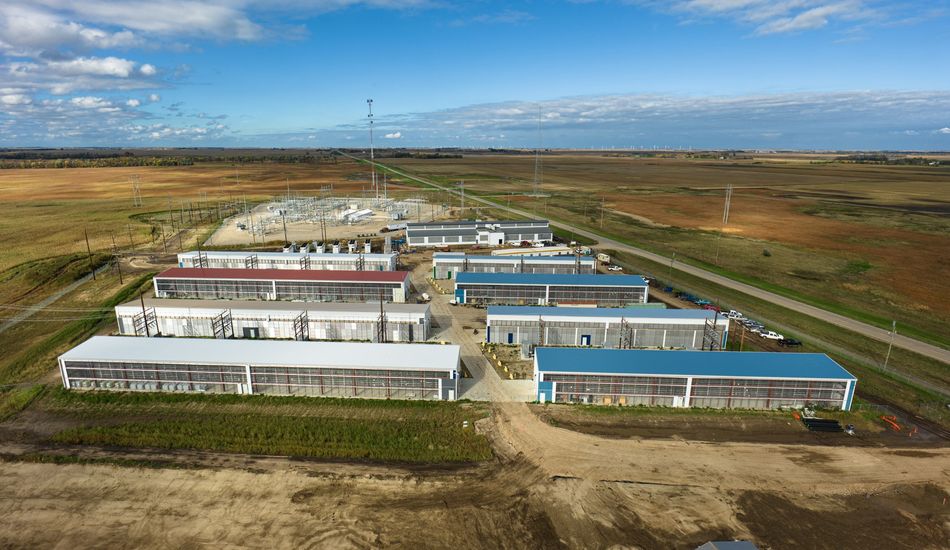
AI Energy Consumption: A Growing Concern
The energy consumption of artificial intelligence (AI) is rapidly escalating, posing a significant challenge to global sustainability efforts. Recent research indicates that AI already accounts for a substantial 20 percent of global data center power demand, a figure projected to double by year's end. This would place AI's energy consumption at nearly half of total data center electricity usage, rivaling even the energy-intensive Bitcoin mining industry.
The Scope of the Problem
This surge is primarily driven by the widespread adoption of large language models (LLMs) like ChatGPT, which require massive computational power. The financial investment in AI development dwarfs that of Bitcoin mining, leading to a far more rapid escalation in energy demand. Major tech companies acknowledge the impact, with their sustainability reports showing substantial increases in greenhouse gas emissions directly linked to AI operations. For example, Google's emissions have risen by 48 percent since 2019, potentially hindering their net-zero goals.
Data Center Demand and the Unknown Factors
Data centers, already consuming 1.5 percent of global energy (approximately the same as Saudi Arabia's annual demand), are experiencing electricity consumption growth four times faster than overall consumption. This expansion is fueled heavily by AI infrastructure investment. However, the precise energy contribution of AI within data centers remains uncertain due to a lack of transparency from tech companies regarding their energy expenditure for software and hardware. Existing estimates, often derived from user-side calculations or supply chain analysis, offer valuable insights but are subject to significant uncertainties.
Challenges in Quantification and the Need for Transparency
Accurately quantifying AI's energy consumption is hampered by several factors. The utilization rates of AI hardware vary significantly, depending on applications. Moreover, the complexity of the semiconductor supply chain, particularly the role of manufacturers like TSMC, makes precise calculations difficult. Researchers are forced to rely on analyst estimates, earnings call transcripts, and publicly available information, leading to a wide margin of error. Greater transparency from tech companies regarding energy use in AI development is crucial for more precise and reliable estimates, enabling the development of effective strategies to mitigate the growing energy demand.
Source: Wired